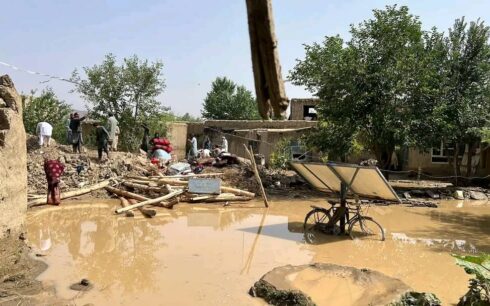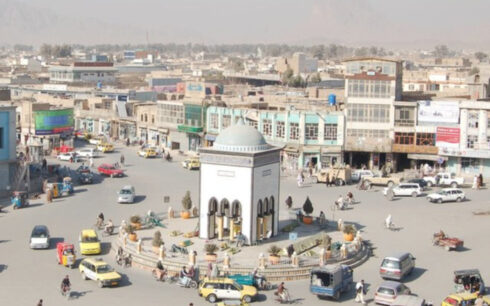Taliban’s Ministry of Vice and Virtue has issued a verbal directive to men’s barbershops in Kabul, mandating a ban on styling beards and hair, and explicitly prohibiting the shaving or fashioning of beards.
Barbershop owners report that Taliban members routinely visit to ensure compliance with these new regulations.
“This has severely impacted our business,” said one barber, who preferred to remain anonymous due to safety concerns. “Previously, grooms and corporate officials frequented our shop. Now, with businesses shuttered and strict styling bans in place, our clientele has drastically reduced.”

The directive is part of a broader push by the Taliban to enforce their interpretation of Islamic law.
According to sources, members of Taliban’s Vice and Virtue Ministry now inspect barbershops up to two times a week, checking for violations such as unauthorized styles or the use of banned terms like ‘beard trimming’ and ‘hair styling’.
Publicly displayed footage from local barbershops shows that signs now only advertise basic haircutting services, with images, music, and previously common service terms conspicuously absent.
“The Taliban have also prohibited the display of any images or playing of music in the shops, which used to create a welcoming environment,” another barber added.

Residents of Kabul have expressed concerns over these restrictions. “Personal grooming, such as beard trimming, is not just about appearance but also personal hygiene and self-esteem,” explained Abdullah, a local resident. “Such grooming is essential for making a positive impression in society.”
The crackdown on barbershops is just one aspect of the Taliban’s regulatory measures on personal freedoms. In July 2023, the Taliban banned all female beauty salons, citing violations of their strict interpretation of Sharia law, thus stripping hundreds of women of their livelihoods.
These actions have sparked intense international criticism, highlighting concerns over the increasing suppression of personal freedoms and economic activities essential for the livelihood of the Afghan population.





